News from this past week leads us closer to an awful truth about the prior administration: Some of the most bizarre, corrupt and incompetent people were also the ones holding us back from the brink. This was not just a Banana Republic, it was outright Bananas.
As reported by the New York Times, there was not just one but two draft orders to use federal power to seize voting machines in six swing states. The first, as we learned earlier, was directed at the Secretary of Defense to deploy the National Guard to do so. The second, it turns out, was to use Homeland Security to accomplish the same feat. The interesting new twist is that former President Trump demonstrably had a hand in the second scheme, directing his attorney Rudy Giuliani to reach out to DHS to see if that agency could legally take control of machines in three states. Giuliani did as requested, and the Department fortunately replied that it lacked authority to do so.
The notion of seizing voting equipment was the brainchild of a retired army colonel named Phil Waldron whose credentials include running a distillery in Dripping Springs, Texas. Waldron claimed, without real basis, that he had found evidence of fraud in the election. He floated the idea of involving the Pentagon to former NSA advisor, QAnon conspiracy superspreader, and pardoned former Gen. Michael T. Flynn, whom Waldron says he worked with while in the Defense Intelligence Agency.
Waldron is also the infamous author of the coup PowerPoint that circulated among top GOP officials via Mark Meadows and others. Waldron, Sidney Powell and Mike Flynn, along with a big donor for election related challenges named Patrick Byrne, the former Overstock.com CEO who is coincidentally famous for having dated convicted Russian agent Maria Butina, formed an extremist faction urging military action to overturn the election, including a push to impose martial law during a contentious White House meeting on December 18, 2020. It was, rather unexpectedly, Rudy Giuliani, along with White House counsel Pat Cipollone, who pushed back hardest against the idea of military intervention, according to two of the Times’ sources.
(In aHollywood movie-style moment, on that fateful day of December 18, 2020, three of the martial law proponents, Powell, Flynn, and Byrne, were let into the White House not by normal channels via Chief of Staff Mark Meadows but rather by a young aide to Peter Navarro, Garrett Ziegler, who felt “frustrated by the current counsel” that Trump was getting. Meadows’ office revoked Zeigler’s guest privileges after that incident.)
It’s important to note that this request by Trump to Giuliani to call the DHS came after the former president had decided not to try and use the military to do so and after his own Attorney General Bill Barr shot down his idea of having the Justice Department step in. In other words, Trump was still fishing around for some other way to get to those machines as he tried desperately to keep alive his hopes of staying in power. Because the draft Orders were never acted upon, it’s unlikely that they by themselves can form the basis of a criminal charge. But they do go to the former president’s state of mind, which is key to any potential criminal case, including for example corrupt obstruction of Congress. (In any event, it may not be so necessary any longer to prove that Trump intended to overturn the election using Mike Pence on January 6; Trump came out and said so much in a released statement yesterday.)
Returning to the today’s theme, we had learned earlier that former Vice President Dan Quayle was instrumental in convincing Mike Pence that he lacked the authority to do anything like what Trump was demanding with the Electoral Count. It is even more head-spinning to consider that Rudy Giuliani apparently was one of the more rational people in the White House on December 18, 2020 and that Bill Barr had been all that stood between the Republic and the use of the Justice Department to overturn an election.
But these men were no heroes. They sat on this information—about the soft coup plot and attempts to use federal agencies and the military to change the election’s outcome—and told no one in law enforcement or Congress about it, not even after the violent insurrection on January 6. This information is only coming to light because of testimony by cooperative underlings who were there to witness much of it. Yesterday, it was reported that Marc Short, who was Mike Pence’s chief of staff, testified quietly before the January 6 Committee. This follows testimony last week from Ben Williamson, who was the top aide to Mark Meadows. For those wondering whether the Committee is gaining traction in its investigation, Williamson reportedly provided nearly seven hours of testimony without pleading the Fifth.
For more political analysis, check out the Status Kuo newsletter.

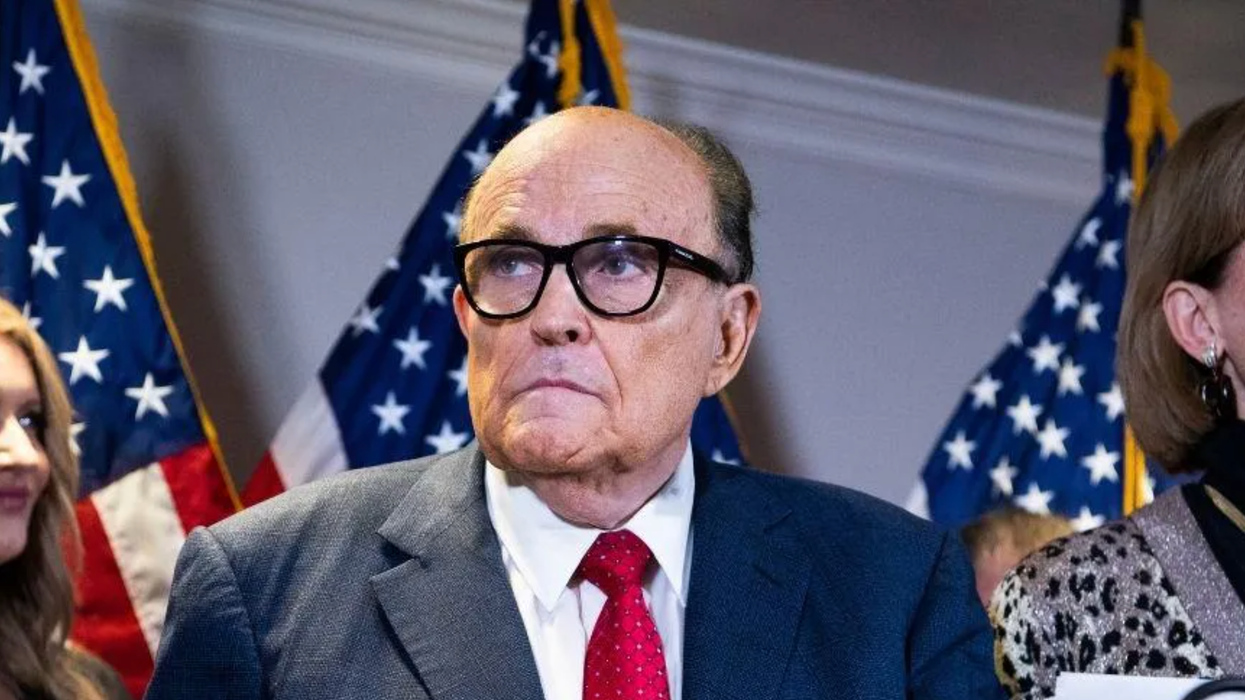






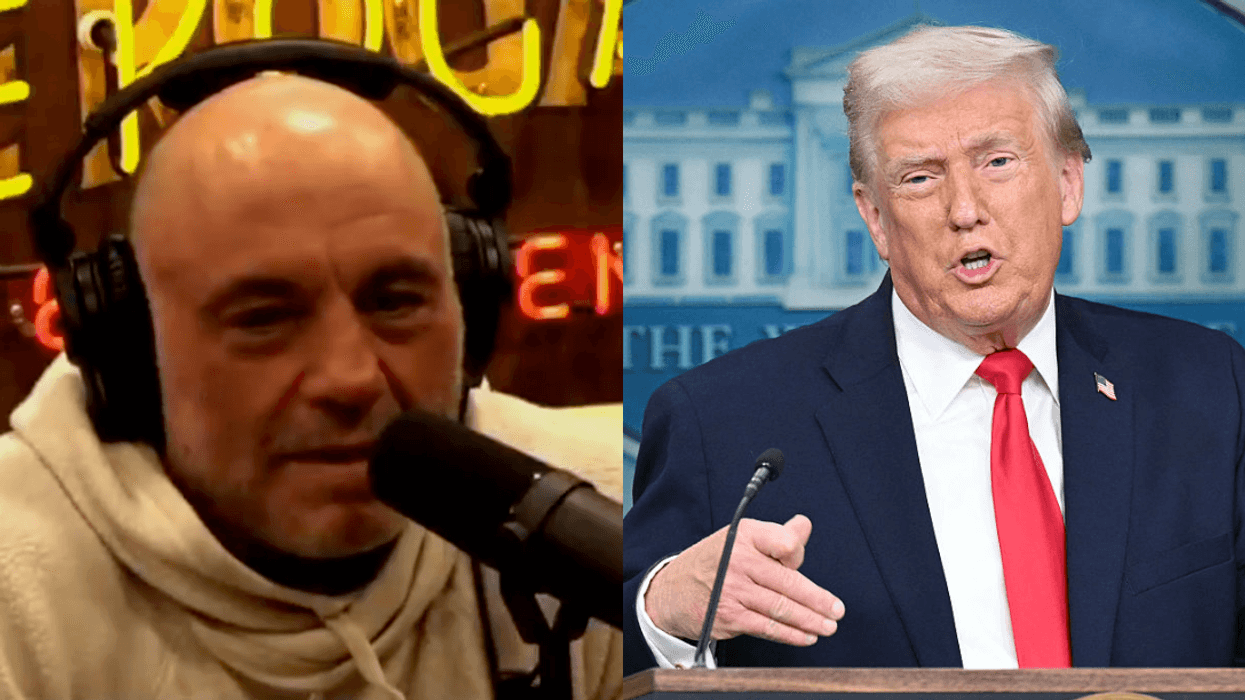


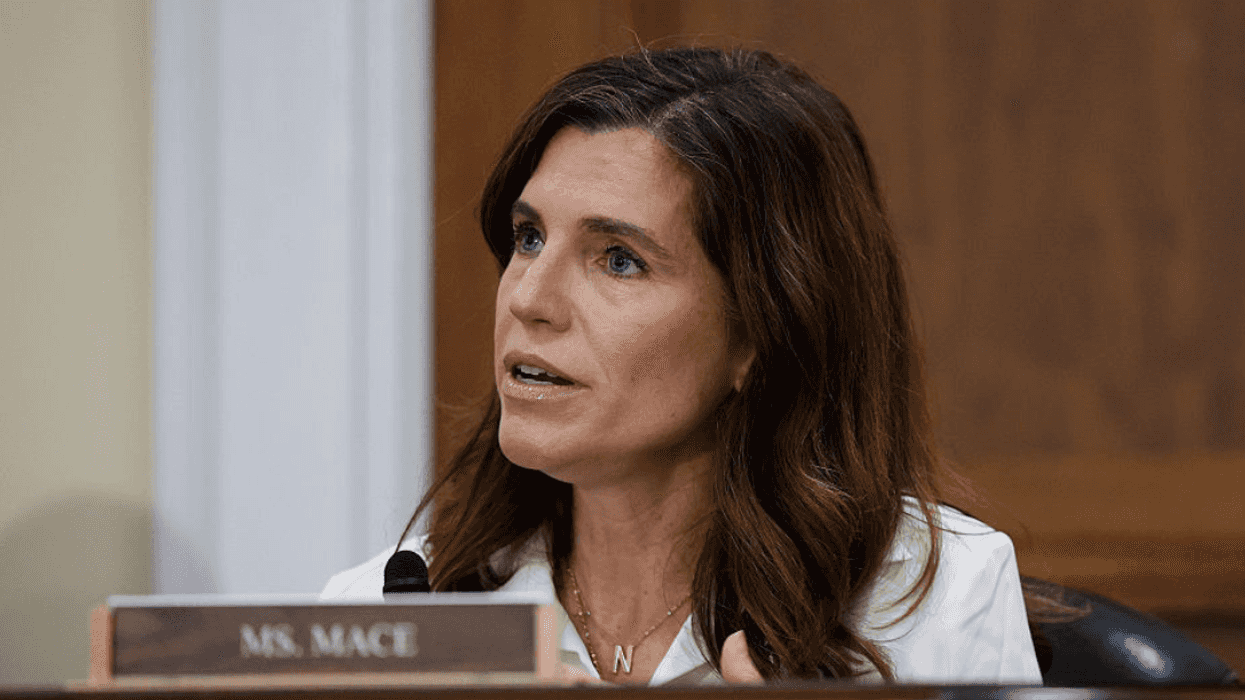


 Awkward Pena GIF by Luis Ricardo
Awkward Pena GIF by Luis Ricardo  Community Facebook GIF by Social Media Tools
Community Facebook GIF by Social Media Tools  Angry Good News GIF
Angry Good News GIF 
 Angry Cry Baby GIF by Maryanne Chisholm - MCArtist
Angry Cry Baby GIF by Maryanne Chisholm - MCArtist 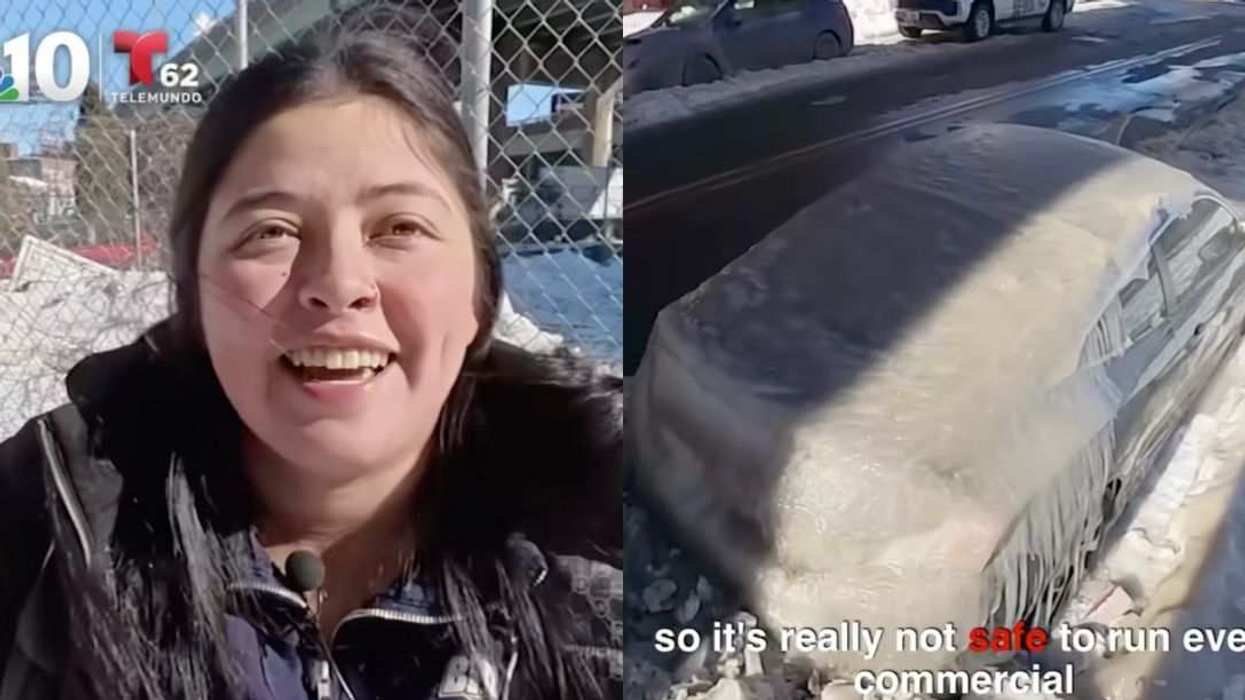
 @adriana.kms/TikTok
@adriana.kms/TikTok @mossmouse/TikTok
@mossmouse/TikTok @im.key05/TikTok
@im.key05/TikTok @biontrtwff101/TikTok
@biontrtwff101/TikTok @likebrifr/TikTok
@likebrifr/TikTok @itsashrashel/TikTok
@itsashrashel/TikTok @ur_not_natalie/TikTok
@ur_not_natalie/TikTok @rbaileyrobertson/TikTok
@rbaileyrobertson/TikTok @xo.promisenat20/TikTok
@xo.promisenat20/TikTok @weelittlelandonorris/TikTok
@weelittlelandonorris/TikTok @katiebullit/TikTok
@katiebullit/TikTok @rube59815/TikTok
@rube59815/TikTok
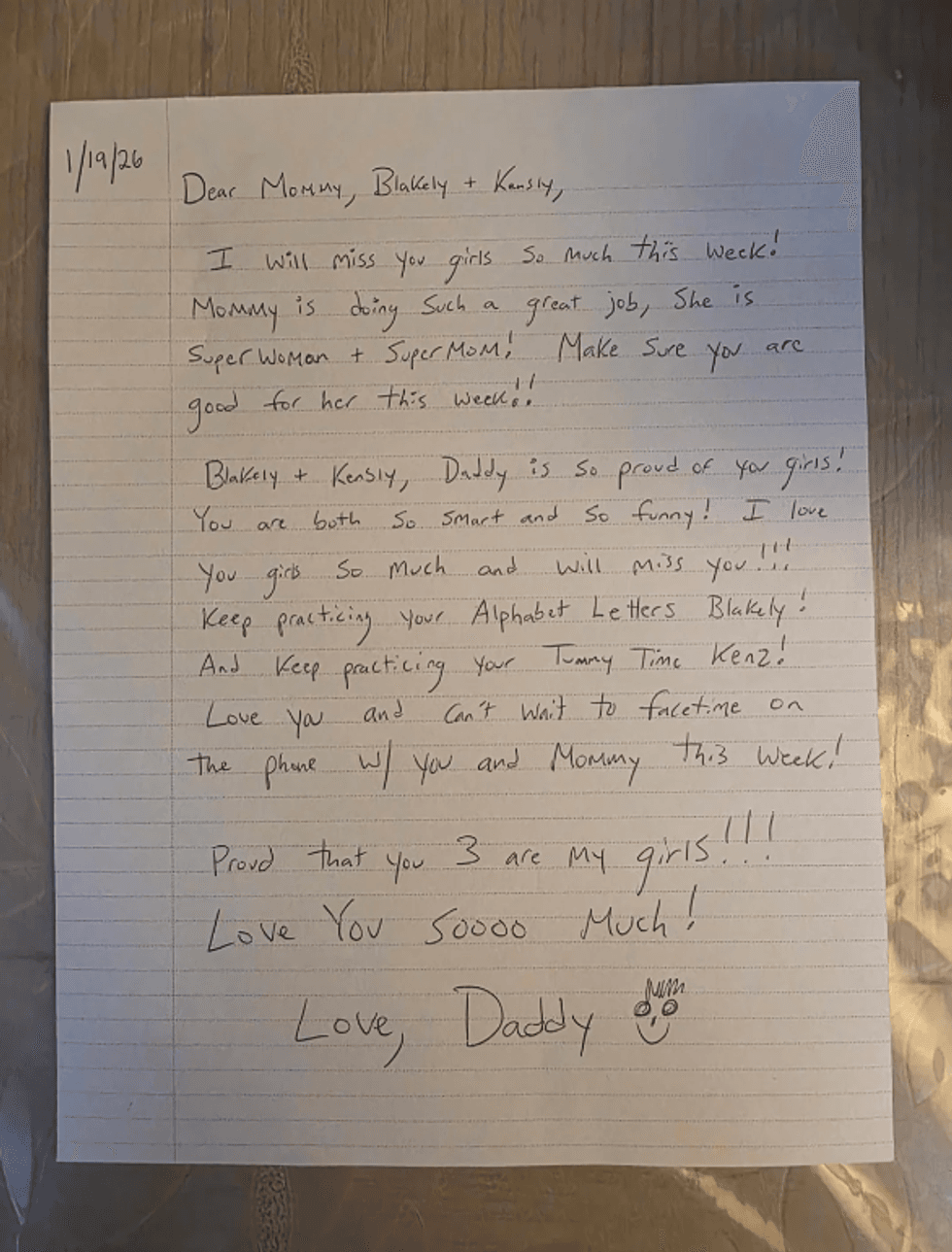 u/Fit_Bowl_7313/Reddit
u/Fit_Bowl_7313/Reddit